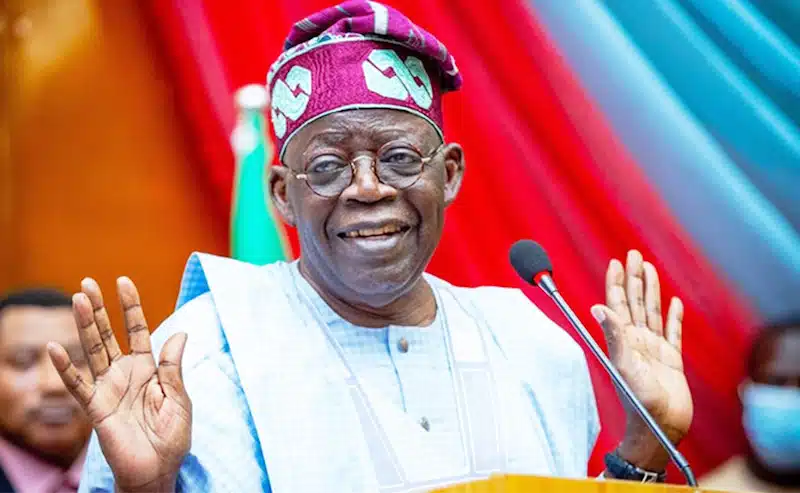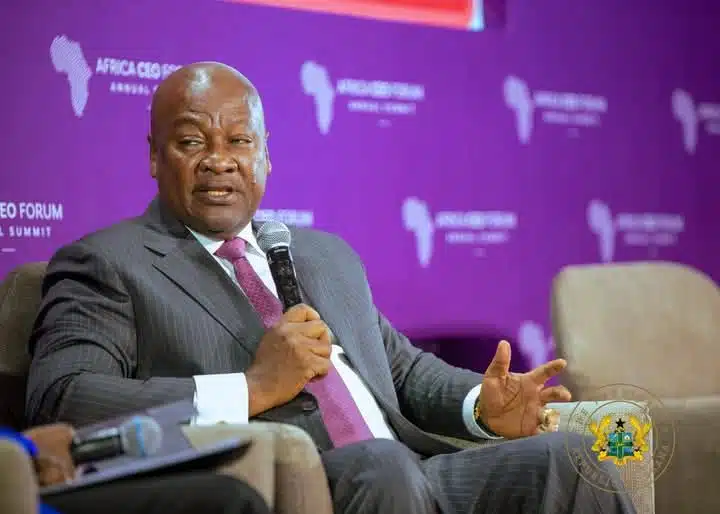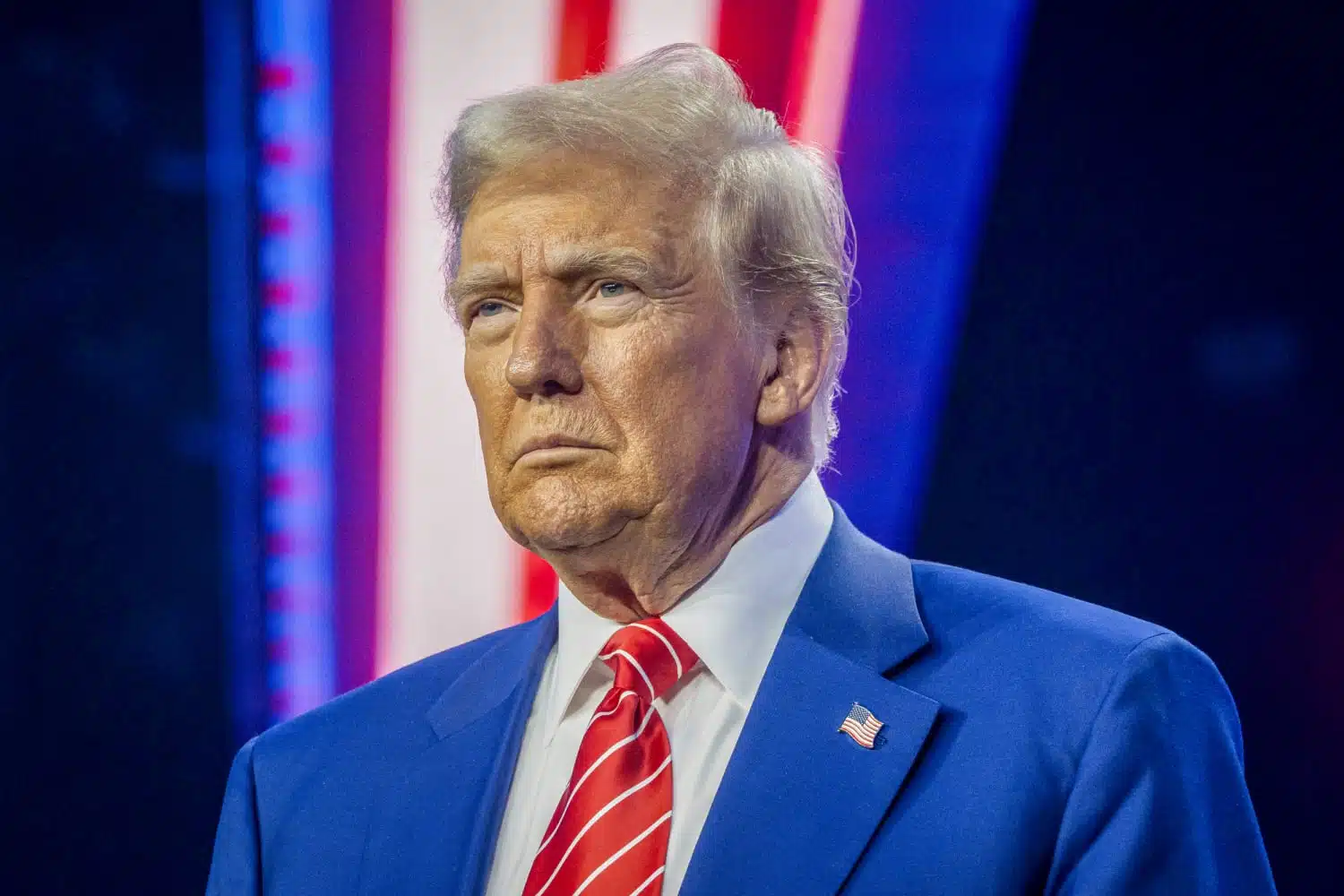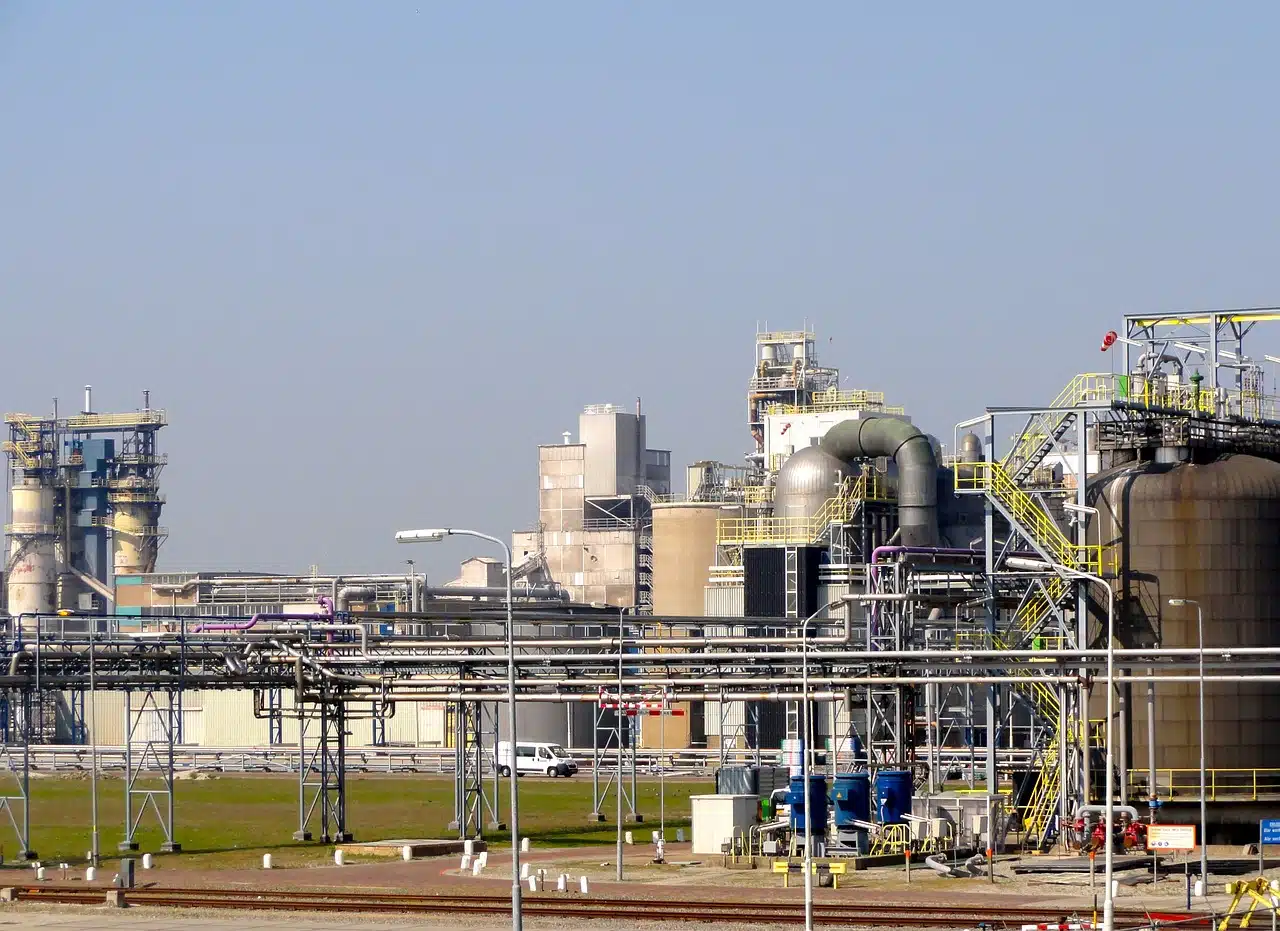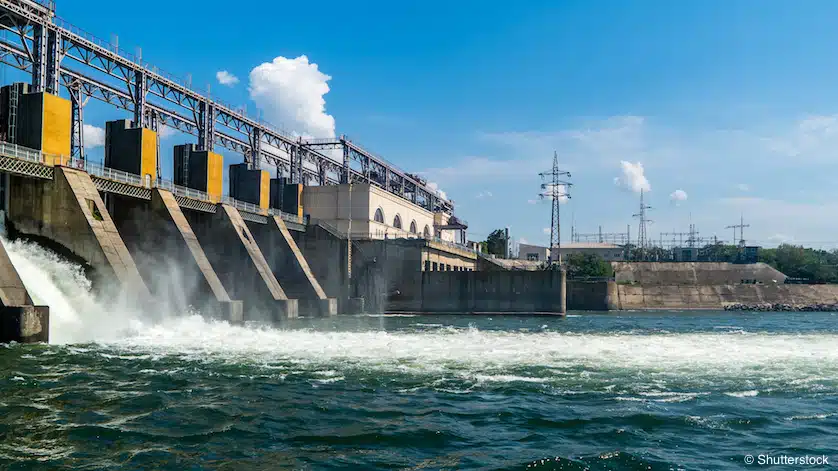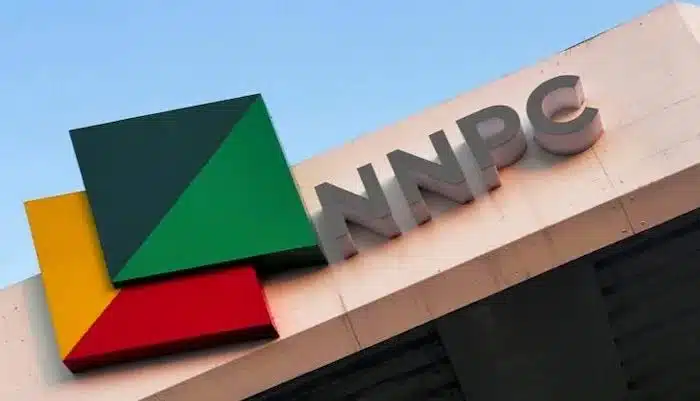President Bola Tinubu has revealed that he has not drawn any funds from the Nigerian National Petroleum Corporation (NNPC) Limited to meet the government’s fiscal obligations for the past three months.
Tinubu made this disclosure during his first media chat with the press on Wednesday in Lagos.
The President stated that his administration has been prudent in managing the country’s finances, avoiding reliance on revenue from the national oil company.
The NNPC, which is Nigeria’s primary source of foreign exchange earnings, was restructured into a limited company following the passage of the Petroleum Industry Act (PIA) in August 2021. Despite this transformation, the government continues to depend on the corporation for certain obligations, particularly petroleum revenue.
“I don’t spend in dollars. I only associate with it because of the global transaction. For naira, it’s okay. Even the target of this administration is based upon what we earn in dollar converted to naira when you look at the petroleum revenue.
“Today, I can tell you in the last 3 months I have not taken a penny from NNPC before I meet my other obligations. To me, that is excellent. This is without falling back to the older order, without going into ways and means, I’ve met all obligations,” Tinubu said, referencing the country’s foreign exchange earnings.
The President further emphasized that his administration has ceased reliance on Ways and Means from the Central Bank of Nigeria (CBN), a mechanism heavily utilized by the previous government to address revenue shortfalls.
Reports indicate that the previous administration printed N22 trillion as Ways and Means overdraft from the CBN to meet its obligations.
The new CBN Governor, Yemi Cardoso, has criticized this approach, attributing it to the current inflation rate, which exceeds 30%.
Meanwhile, Tinubu reiterated that he has neither relied on Ways and Means nor drawn revenue from the NNPC to fund his administration’s expenses.
NNPC recently declared its highest profit of approximately N3 trillion in 2023, following the removal of the fuel subsidy, making it one of the most profitable companies of the fiscal year.

